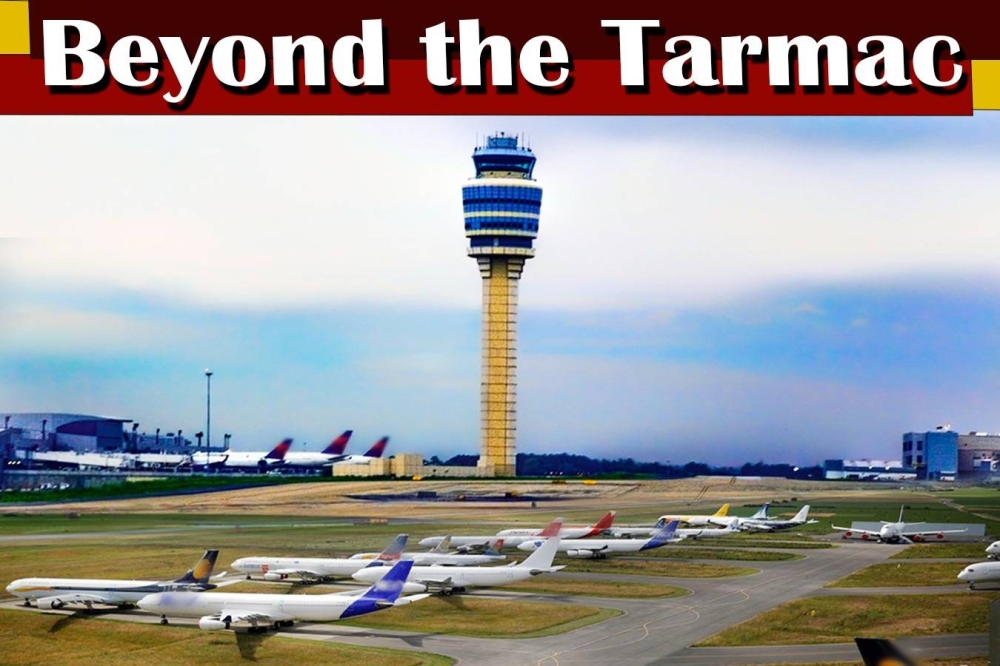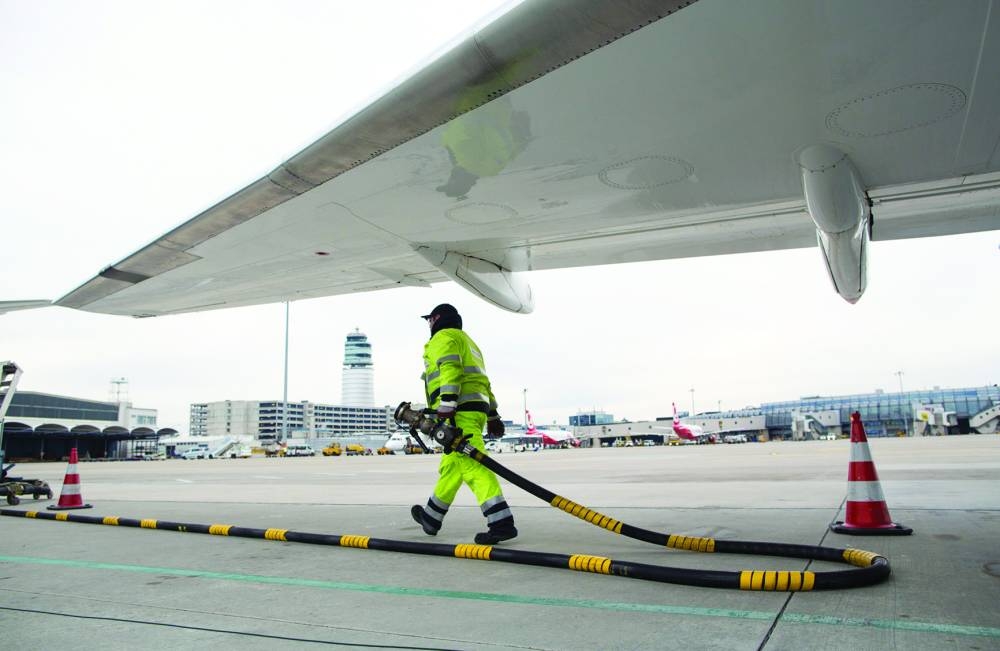
There is concern though that the crisis could broaden to a regional conflict, which would have repercussions on oil supply.
Many international carriers halted their flights to the West Asian region earlier this month. The service suspension comes after a robust summer for air travel with revenue growth for international destinations outpacing sales of domestic tickets.
The global average jet fuel price last week fell marginally by 0.3% compared to the week before to $121.20/barrel, IATA said in its latest Jet Fuel Price Monitor.
The market was also spooked by sanctions imposed by US on two shipping companies, which had violated the $60-per-barrel cap on Russian crude, creating some uncertainty over what that could do to Russian oil supply, the global body of airlines noted.
The price of jet fuel has a significant impact on airfares, as it is one of the most substantial operating costs for airlines.
Jet fuel is a major expense that directly influences an airline's profitability and pricing strategy and accounts for up to 20% of an airline’s operating expenses.
Higher fuel costs jack up ticket prices, and conversely, airfare drops with lower fuel costs. A lower fuel burn-per–hour rate reduces the cost of flying an aircraft. The less it costs to fuel an aircraft, the more airlines can reduce ticket prices, obviously attracting more travellers.
Analysts say many airlines around the world are reviewing their hedging strategies in view of the situation.
Currently, there is a huge demand for jet fuel with the international travel and tourism industry continuing its recovery run to pre-pandemic levels.
According to IATA, global origin-destination (O-D) passenger traffic increased 28.9% in second quarter (Q2) 2023 compared to Q2, 2022, reaching 954mn passengers.
This brought worldwide passenger traffic near to pre-pandemic levels, only 3.5% lower than in the second quarter of 2019.
When jet fuel prices rise, airlines often seek to pass on some of the increased costs to passengers by adjusting airfares.
While airlines might not fully pass on the entire fuel cost increase to passengers, they do tend to reflect a portion of it in their ticket prices to help maintain financial viability.
Airlines sometimes engage in fuel hedging, a financial strategy where they lock in fuel prices at a certain level for a specified period.
Invariably, this strategy provides a degree of predictability in fuel costs, even if market prices fluctuate.
If an airline has effective fuel hedging in place, analysts point out it might be able to mitigate the immediate impact of sudden fuel price spikes on airfares.
The airline industry is highly competitive, and airfares are influenced by various factors beyond just fuel prices.
The price of jet fuel is a critical factor influencing the operating costs of airlines, which in turn impacts their pricing decisions. While airlines often pass on a portion of increased fuel costs to passengers, they must balance this with considerations like competition, demand elasticity, and broader economic conditions. As a result, the relationship between jet fuel prices and airfares is complex and varies based on a multitude of factors.
There are perceptions that oil supply will tighten towards the end of the year in view of the crisis in West Asia and the region comprising Russia and Ukraine and the international travel and tourism industry recovering to pre-pandemic levels.


